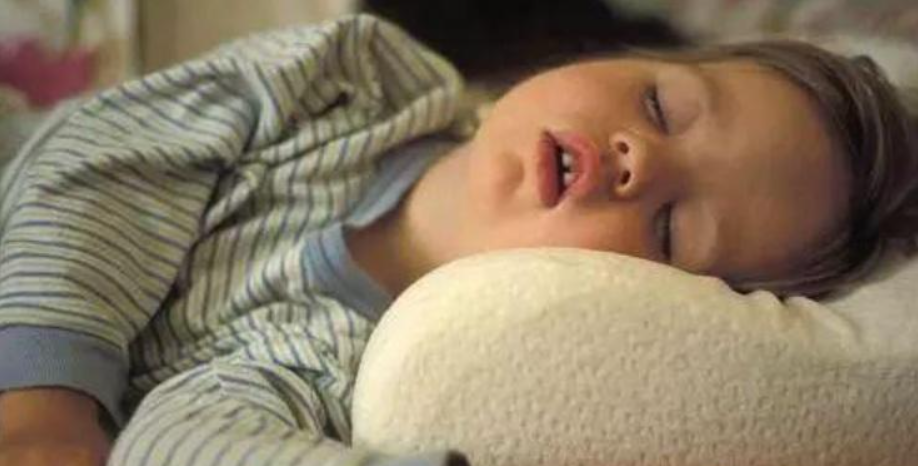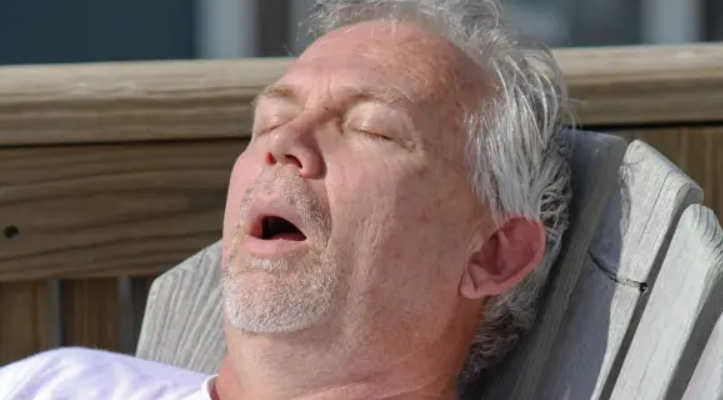
Health Science Popularization: Why Do People Snore?
In daily life, snoring is a common sleep phenomenon, and most people consider it to be a matter of course, not taking it seriously.
Why do people snore?

There are many reasons for snoring, but the most common causes are the following five.
- Airway Narrowing
Many patients snore during sleep due to airway narrowing.
- Obesity
Obese patients often have excessive fat deposited in their necks, which can cause the throat to become blocked, leading to poor airflow and causing snoring at night.
- Unhealthy Lifestyle Habits
Many snoring patients have snoring caused by unhealthy lifestyle habits, such as smoking and drinking.
- Genetic Factors
In life, many snoring patients have snoring due to a family history of snoring.
- Excessive Fatigue
After being tired, in order to absorb more oxygen and reduce fatigue during sleep, one may unconsciously breathe through the mouth, causing the soft palate and other soft tissue parts to vibrate more, leading to snoring during sleep.
Snoring can also be caused by other medical conditions. Current medical research reports indicate that people with high blood pressure and cardiovascular diseases have a higher chance of snoring.
Common Misconceptions About Snoring
- Snoring Means Fatigue or Sleeping Well
Wrong! It is unscientific to equate snoring solely with the depth and quality of sleep. Snoring is often a sign of poor breathing, which can cause the body to be oxygen-deficient and affect the quality of sleep. Snorers often have symptoms such as daytime sleepiness, fatigue, weakness, and memory decline, affecting daily life.
- Only Fat People Snore
Wrong! Snoring is mainly due to a narrow airway, not because of being fat or thin. It's just that, relatively speaking, fat people are more likely to snore, but it's not only fat people who snore.
- The Louder the Snoring, the More Serious the Condition, Light Snoring is Not a Problem
Wrong! The severity of snoring is not determined by the loudness of the snoring but by the frequency of breathing disorders and the degree of oxygen deficiency during sleep. Therefore, whether the snoring is loud or soft, it should be taken seriously.
- Only When Tired Do People Snore
Wrong! Some people do not snore normally, but only after being tired. This is because after being tired, the palate will droop, temporarily blocking the airway, causing snoring. And most people will snore after being tired, only those with severe cases need treatment. There are many causes of snoring, and fatigue is just one factor.
- Snoring Does Not Need to Be Treated
Wrong! Most people think snoring is a common phenomenon and believe it does not need treatment. This idea is wrong. Snoring can cause repeated stops in breathing during sleep, leading to severe oxygen deficiency in the body, which may trigger cardiovascular diseases and arrhythmias, and in severe cases, it may lead to sudden death. Therefore, it is recommended that friends who snore for a long time go to the hospital for a check-up, early diagnosis, and early treatment.

How to Prevent and Treat Snoring?
- Enhance physical exercise and maintain good living habits.
- Avoid smoking and drinking habits, as smoking can aggravate respiratory symptoms, and drinking can worsen snoring, nighttime breathing disorders, and hypoxemia. Especially avoid drinking before bedtime.
- For obese individuals, actively lose weight and increase exercise. Our experience is to lose 5% to 10% of body weight or more.
- Choose the right pillow. For snorers, choose a soft and elastic pillow, not too high. The height of the pillow should be suitable for our single shoulder width, which is beneficial for our breathing.
- Do not take sedatives or sleeping pills before bedtime, to avoid further suppression of respiratory center regulation.
- Adopt a side-lying sleep position. For those who snore when sleeping, it is best to use a side-lying sleep position, with the right side lying being the best choice.
- Do not use a mattress that is too soft. Especially for those with severe snoring, it is best to sleep on a hard bed.